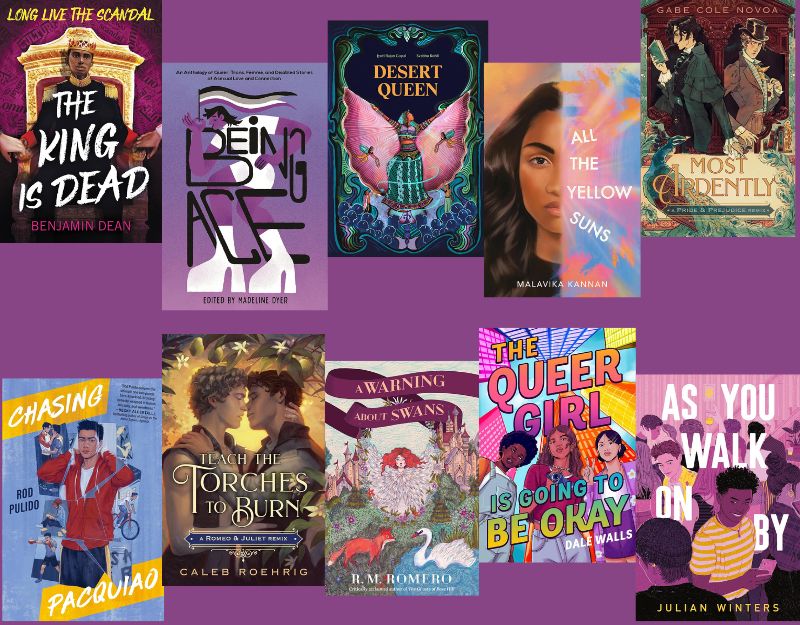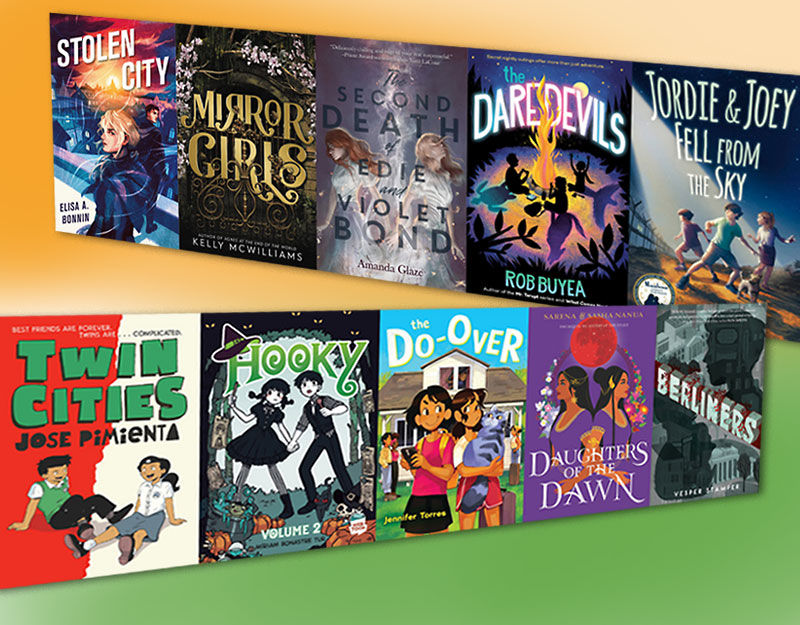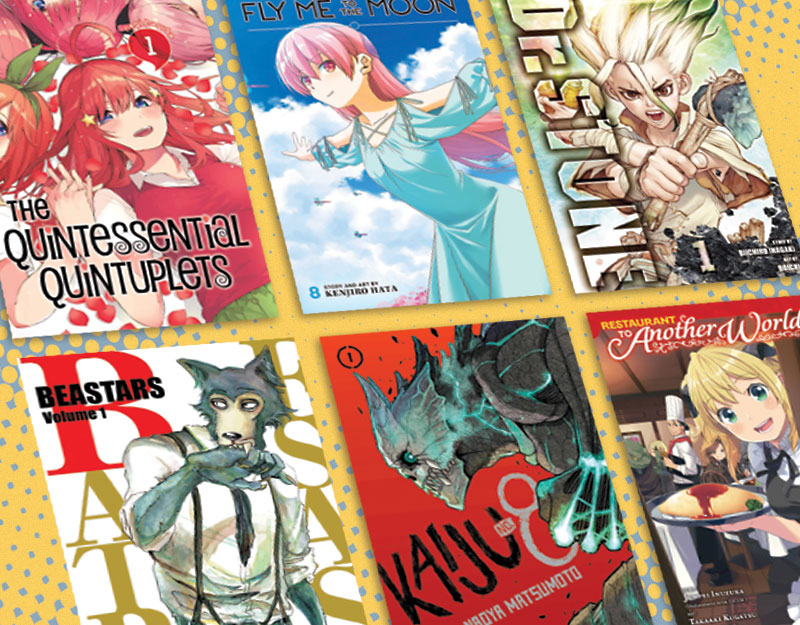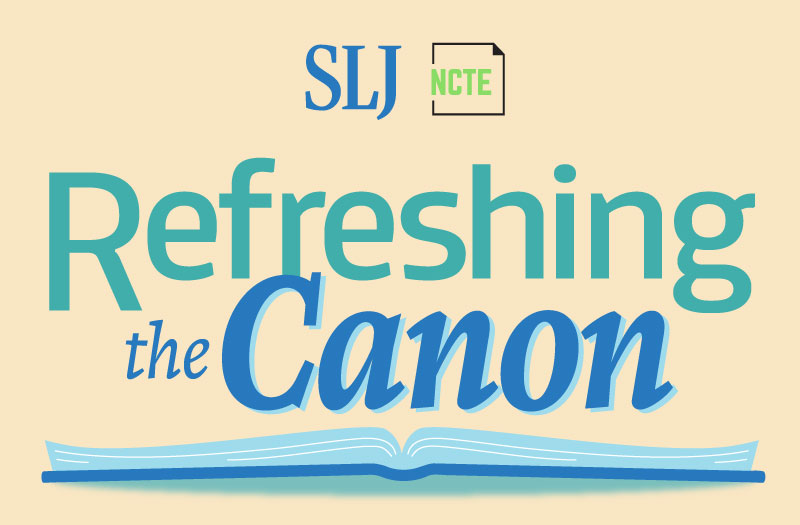Grief and Loss in Middle Grade: An Interview with Gary D. Schmidt

I’m grateful to School Library Journal for always giving me so many opportunities to dig deep into topics that interest me and interview so many wonderful authors. I wrote the cover story for SLJ’s October issue, “Good Grief: Middle Grade Authors Normalize Loss.”
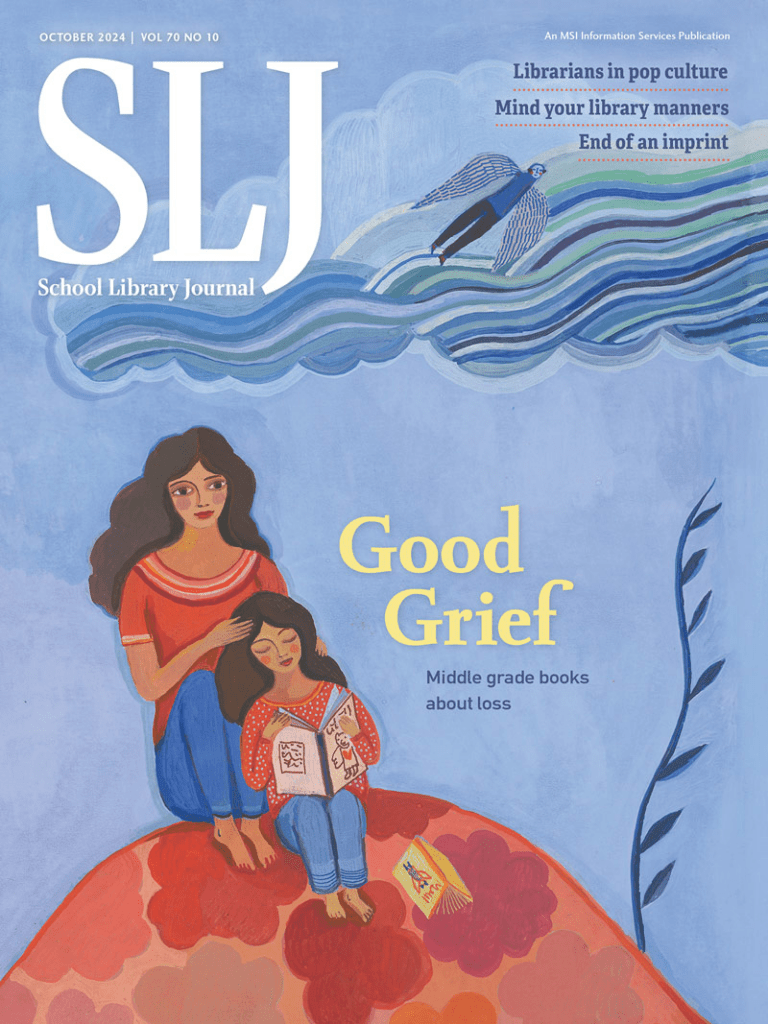
SLJ and all the authors I interviewed were kind enough to allow me to share these interviews in whole here on TLT, which is so exciting to me because everyone had such great things to say and I could only share small snippets of these conversations. This article features interviews with K. A. Reynolds, Jess Redman, Gary D. Schmidt, Emily Barth Isler, Debbie Fong, Lisa Stringfellow, and Christina Li.
ADVERTISEMENT
ADVERTISEMENT
Please enjoy this interview with Gary D. Schmidt. Be sure to check out the article in SLJ and come back to TLT for the rest of the interviews in the upcoming days.

MacGregor: What inspired or influenced the idea to center grief and loss in your story (or stories)?
Schmidt: We write about what we know.
This does not mean we should inflict our therapeutic needs upon others. What it does mean is that, having experienced grief, we can at least redeem that burden a little by authentically showing others—in this case, young readers—what grief is like, how it is normal and at times necessary, and how it is lived through.
MacGregor: What are some things your character does to cope with their loss or how are some ways the grief presents itself? How are the grieving characters supported?
Schmidt: A novel that takes a young reader through some sort of twelve-step curriculum to show how grief can be handled properly is probably a very bad book; it certainly has missed the point of being a novel. But among other things, story offers identification—sometimes its most powerful offering. So, in Just Like That, Meryl Lee initially deals with her grief through running away from the immediate. In Orbiting Jupiter, Jack deals with his loss by reaching out to a sister. In The Labors of Hercules Beal, Hercules deals with the loss of his parents by taking up some of the tasks that they had carried. The ways we deal with grief are varied, and our characters reflect the coping skills that come out of who they are and the nature of their needs.
MacGregor: A hallmark of middle grade books is offering hope to both the characters and the readers. Was this particularly challenging for you to do while tackling grief/loss?
Schmidt: Everything is challenging and difficult when you’re tackling grief and loss—and perhaps for the writer, even the significance of the job comes into question. Why write when everything has turned gray?
The novelist is not an instructor behind a lectern, not a coach, not a discussion guide. The novelist is more like the caring adult who stands beside you, who affirms that what you are experiencing is real and normal, and who says, through detail and image and language that is laboring its way toward truth, “I know what it feels like. I’ve been there. You’re right—it’s really hard and it’s really messy. Sometimes it’s terrible. I am surviving. You are too. You will too.”
The novelist points toward the future, rather than wallowing in the present. Abandoning a young reader to mere despair and loneliness is the provenance of dumb but slick horror movies; the novelist for young readers points ahead.
ADVERTISEMENT
ADVERTISEMENT
MacGregor: Why is it important to address tough topics like death in middle grade? (I’m thinking of all those who say things like, “Why write sad or hard books when life is hard enough?” or those who would like to “protect” children from these storylines, as though they don’t happen all the time to real actual children.)
Schmidt: Who wouldn’t wish that we could preserve our children in a world of innocence for as long as possible? But stories—even fantasy stories—are about the real world in which we live. The fate of Peter Rabbit’s father, the menace of the White Witch, the terrible grief of A Monster Calls, the isolation of Dorothy before she heads off to Oz, the heartbreaking end of Old Yeller or Where the Red Fern Grows—these are the bulwarks young readers build into their souls against the onslaught of the real world.
Though no serious writer would say that children should be exposed to graphic violence or horrors that scar the psyche or evil that violates in every way, I think most would argue that since children are going to experience grief and loss, why not help them to understand the emotions and sensibilities that come into play at such a time?
MacGregor: What do you hope readers take away from your book?
The world can be a hard and terrible place, and the world can be a fantastically whole and enlivening place. It’s both, and it’s where we live. We can survive the first, and even grow. We can rejoice in the second, and practice empathy. Stories are one way to learn both.
Filed under: Guest Post
About Amanda MacGregor
Amanda MacGregor works in an elementary library, loves dogs, and can be found on Twitter @CiteSomething.
ADVERTISEMENT
ADVERTISEMENT
SLJ Blog Network
Zachariah OHora on PBS
Cover Reveal and Q&A: Dusti Bowling’s Latest – The Beat I Drum (Apr 2025)
Girlmode | Review
The Seven Bills That Will Safeguard the Future of School Librarianship
Gayle Forman Visits The Yarn!
ADVERTISEMENT



